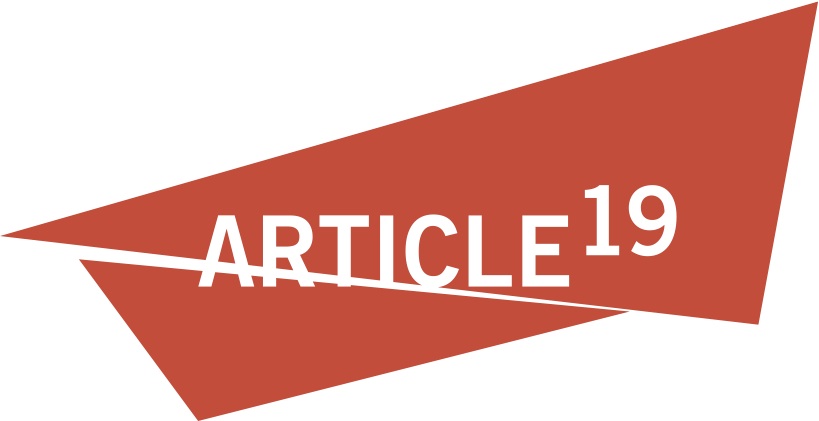
A new report from the digital rights charity Article 19 has identified a sharp rise in “digital authoritarianism” where technology is used to clamp down on internet content. The report discovered freedom of expression has sharply dropped since 2013.
The charity defines digital rights as the “ability to express oneself via the internet”. The report discovered that digital rights had actually increased between 2008 and 2013 but since then there has been a dramatic drop to levels below ten years ago. The only regions in the world where it did not relatively decline were North Africa and the Middle East.
The rights group outlines internet shutdowns and blockings, digital surveillance, the rise of sovereign internet networks, the lack of privacy, and artificial intelligence as being possible threats to free expression.
Modern problems with social media and content moderation acknowledging in the scope of the challenge with “2.2 billion active Facebook users and 330 million Twitter users, while one billion hours of video are watched daily on YouTube.” The group says that the effects of the power that these companies hold “are still becoming clear.”
“The way that technology companies – particularly social media networks – function can be seen as a monopoly; one that distorts the market and violates both consumer and human rights,” the Article 19 report says. “If a company controls a large part of the social media market, as giants like Facebook and Twitter do, they become not only an economic gatekeeper but also a human rights gatekeeper – particularly in terms of expression and privacy.
“In a free and competitive market, abusive terms of service would be unsustainable,” the report suggests.
Article 19 speculates that competition law would be a good way to help alleviate some of the issues of social media censorship.
“In a functioning market, individuals would shift to other platforms offering better terms that protected their expression. In the world of social media, simply transferring use to another platform is not possible, due to the network effect – where the value of a product or service increases according to the number of others using it,” Article 19 concludes.
